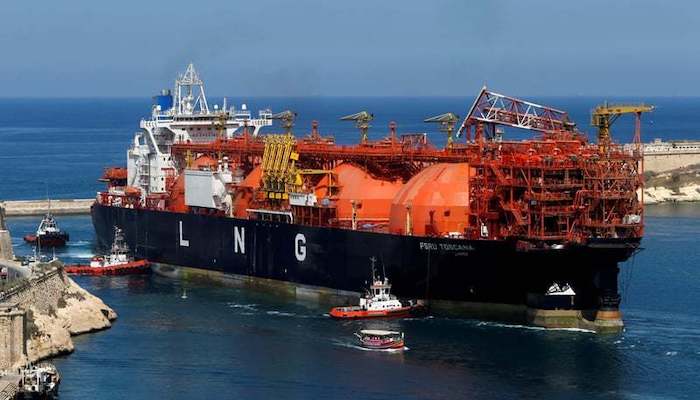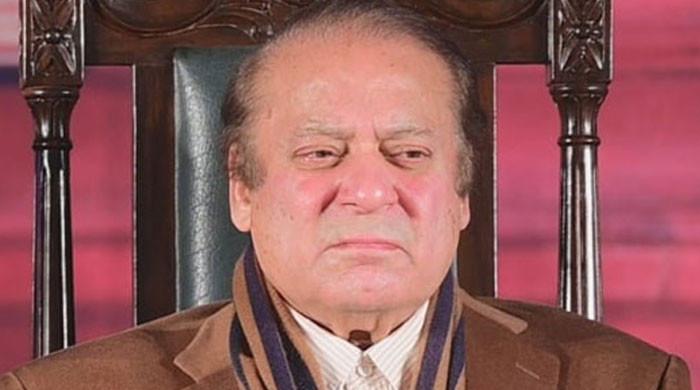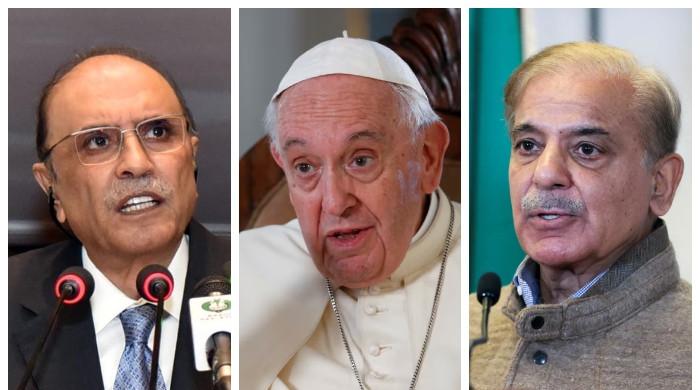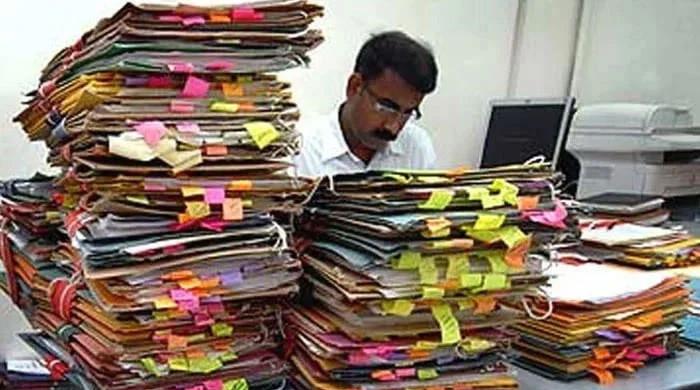Gas crisis hits Pakistan as govt halts supply to power, export sector
As RLNG supply is being halted, the power sector will be generating electricity from furnace oil and diesel, which will increase cost
January 10, 2021

- RLNG supply to export, power sector halted
- Reduction in exports to show in next few months, textile industry representative says
The federal government has halted RLNG supply to all sectors, with Sui Northern Gas Pipelines Limited (SNGPL) stopping imported gas supply to power plants and export industries and Sui Southern Gas Company (SSGC) ceasing supply to export industries.
"RLNG remains unavailable to CNG, fertiliser and captive power as the government has stopped gas supply," a senior official at the Petroleum Division told The News.
The power sector's RLNG demand for January stands at 250 MMCFD but the SNGPL had slashed the supply to 125 MMCFD by Friday. On Saturday, the supply was virtually shut.
Read more: After major breakdown, power being restored in cities across Pakistan
At present, the country's gas demand is an estimated 6 billion cubic feet per day. There is 4.156 BCFD, including 3.2 BCFD local gas, available in the system.
Pakistan has the capacity to import 1.2 BCFD but 956 MMCFD imported RLNG is already available. The second PGPL LNG terminal is currently under-utilised as it is just re-gasifying 350 mmcfd LNG.
The situation in Sindh is not very different, with imported gas supply to the CNG sector and captive power plants stopped in Karachi. The export industry was never given RLNG supply in winters since the city is already facing five to nine hours of load-shedding.
As the RLNG supply is being halted, the power sector will be generating electricity from furnace oil and diesel, which will increase costs.
"The federal government decided to suspend the gas supply for one day in a week for the export industry, leading to a 16% reduction in textile products," said executive director of the All Pakistan Textile Mills Association (APTMA), adding that the impact of the decision would be visible in exports in the coming months.
Despite halting the supply, domestic consumers across Karachi, Hyderabad, Quetta, Peshawar, Lahore, Gujranwala, Faisalabad, Sialkot, Rawalpindi continue to experience shortages.











